Keywords: Society Of Jesus
There are more than 200 results, only the first 200 are displayed here.
-
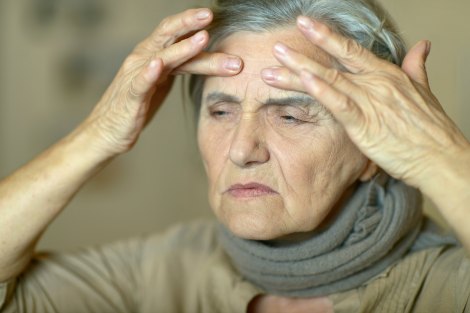
AUSTRALIA
- Brigitte Dwyer
- 17 April 2015
13 Comments
Economists and politicians see productivity as our only hope for the future. We continually assess the productivity of people we meet, with the default question 'What do you do?' The worth of a person can be tied to their productivity, particularly that of older people. Those who advocate legal euthanasia can find it hard to accept that an unproductive life might be worth living.
READ MORE 
-

- James O'Brien
- 02 March 2015
9 Comments
With fear mongering talk of a national security emergency from our Prime Minister, perhaps we need practices which help us engage our reality with gratitude rather than panic. We speak of health of mind and body as we are increasingly conscious of the mental health challenges we face as a community. Amidst the unrelenting busyness and worry of our days, the merits of pausing in silence are becoming clearer. Silence in mindfulness and listening to loud music while exercising are two interesting parallel experiences in our society. There’s a key question here about whether in our moments of silence or music listening we are seeking to forget our day or rest in gratitude for it. Read more
READ MORE
-
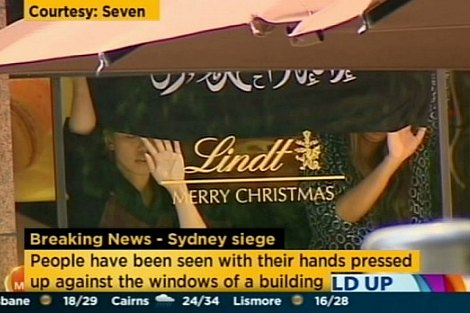
AUSTRALIA
- Zac Alstin
- 16 December 2014
25 Comments
The siege at the Lindt chocolate shop in Sydney's Martin Place is frightening for all Australians. It also obscures the progress of relations between Muslims and other Australians, as such events have such an unfortunate polarising 'us and them' effect.
READ MORE 
-
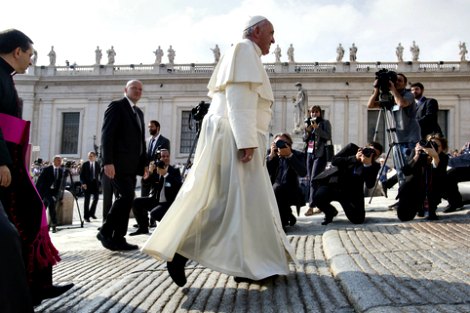
AUSTRALIA
- Andrew Hamilton
- 20 November 2014
29 Comments
Last week the Pope's almsgiver installed showers in St Peter's Square, for people who are homeless. This followed his meeting a homeless man, discovering it was his 50th birthday, and inviting him to dinner in a local restaurant, only for the man to decline on the grounds he smelled. The gesture was seen to have Pope Francis’ finger prints all over it, and it illuminates the differences of perspective between him and other church leaders.
READ MORE 
-

AUSTRALIA
- Frank Brennan
- 22 September 2014
5 Comments
Considering my indebtedness to the two Aborigines who met [my family's ship arriving in Hervey Bay from Ireland] 151 years ago, I owe it to all my fellow Australians to agitate these issues of law, morality and politics here in Ireland so that back in Australia, the homeland which, in my religious tradition, was known as the Great South Land of the Holy Spirit.
READ MORE
-
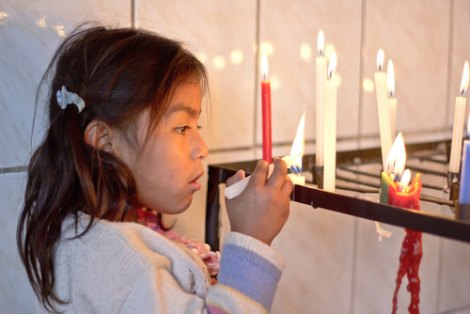
RELIGION
- Kevin Donnelly
- 28 August 2014
34 Comments
Growing up in working class Broadmeadows in a Housing Commission estate with a communist father and a Catholic mother – mass on Sunday and the Eureka Youth Movement on Tuesday – taught me first hand about two of the most influential and powerful forces of the 20th century.
READ MORE 
-
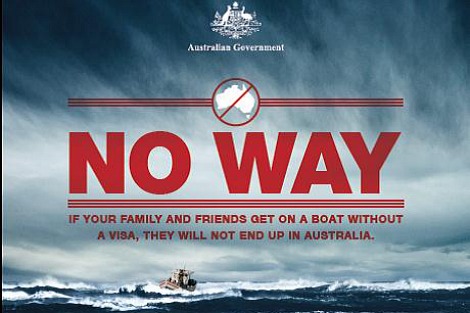
MARGARET DOOLEY AWARD
- James O'Brien
- 13 August 2014
18 Comments
Religious leaders used methods of non-violent protest to respond to the Federal Government's 'No Way' campaign that aimed to discourage Afghan asylum seekers. Calling their movement 'Love Makes a Way', their strategy started to take shape: sit-ins in the electorate offices of federal parliamentarians, asking that justice may 'roll down like waters'. Nonviolent direct action changes hearts.
READ MORE 
-
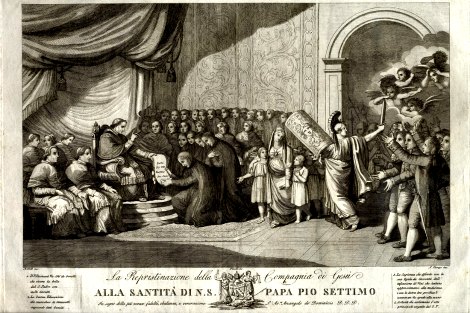
AUSTRALIA
- Frank Brennan
- 07 August 2014
31 Comments
Everyone knows the Jesuits have had a rocky history. They were fabulously successful in educating the European elite for quite some time. But things went off the rails badly in the eighteenth century, and in 1773 Pope Clement XIV issued a decree to 'abolish and suppress the oft-mentioned Society'. Eventually his successor Pope Pius VII issued a papal bull restoring the Society, two hundred years ago this week.
READ MORE 
-
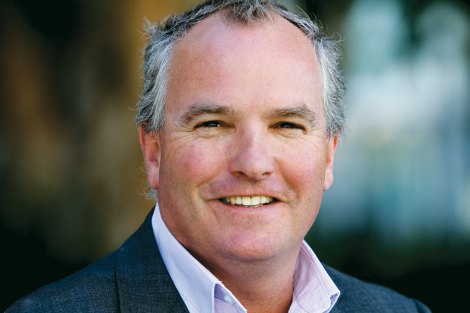
AUSTRALIA
The implications of the Good Samaritan story are clear on Christmas Island. The evil of child imprisonment is of the Government's own doing, and it must be shamed into remedying it. Is the Catholic Education Office in Western Australia right then to provide education to these children? Catholic agencies that alleviate the harm done to those imprisoned should also make clear their condemnation of the evil of that imprisonment.
READ MORE 
-

RELIGION
- Frank Brennan
- 23 July 2014
1 Comment
'Rohan provides a detailed and accurate analysis and history of the word games that have gone on between the Vatican and the Latin American bishops and theologians wrestling with the concept of the preferential option for the poor.' Frank Brennan launches The Preferential Option for the Poor: A Short History and a Reading Based on the Thought of Bernard Lonergan, by Rohan Michael Curnow.
READ MORE
-

AUSTRALIA
- Frank Brennan
- 23 July 2014
1 Comment
'Undoubtedly there are many challenges confronting our elected leaders in dealing with violent crime and with pathological sex offenders. But long-term sustainable solutions must be based on respect for judicial independence and for the role of the legal profession.' Frank Brennan addresses the Queensland Council for Civil Liberties at The Irish Club, 175 Elizabeth St, Brisbane 8 July 2014.
READ MORE
-
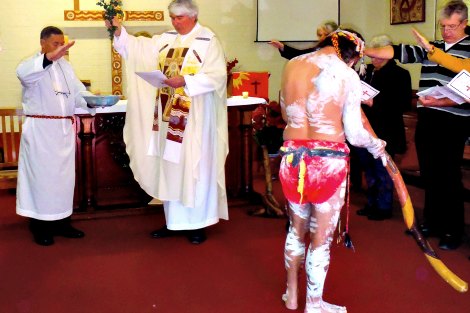
AUSTRALIA
- Frank Brennan
- 08 July 2014
8 Comments
The prime minister stumbled last week when he said: 'I guess our country owes its existence to a form of foreign investment by the British government in the then unsettled or, um scarcely settled, Great South Land.' His Indigenous advisor Warren Mundine said: 'I know his heart is in the right place.' With hearts in the right place, we can all forgive and be forgiven.
READ MORE 